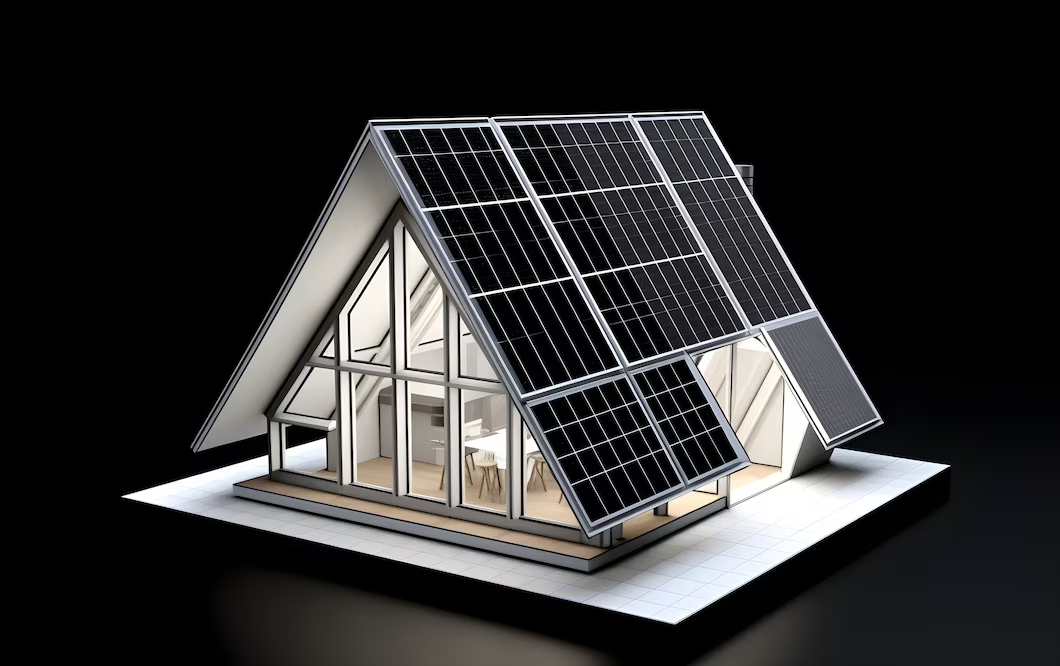Solar Sizzle: Unveiling the Solar Water Heater Revolution

The world is heating up, and not just from rising temperatures. We're talking about a different kind of heat – the kind that can save you money and help the environment. It's the solar water heater revolution, and it's sizzling hot! Harnessing the Power of the Sun Imagine being able to take a hot shower or do your dishes using water that's heated by the sun. That's precisely what a solar water heater does. It harnesses the natural energy of the sun and converts it into hot water for your everyday needs. How Does It Work? Solar water heaters are pretty simple. They consist of a few key components: solar collectors, a water storage tank, and pipes to transport the water. Here's how it works: 1. Solar Collectors: These are the heroes of the system. They're usually placed on your roof and have special solar panels or tubes. These panels absorb sunlight and turn it into heat. 2. Heat Transfer: The collected heat is transferred to a fluid inside th...


